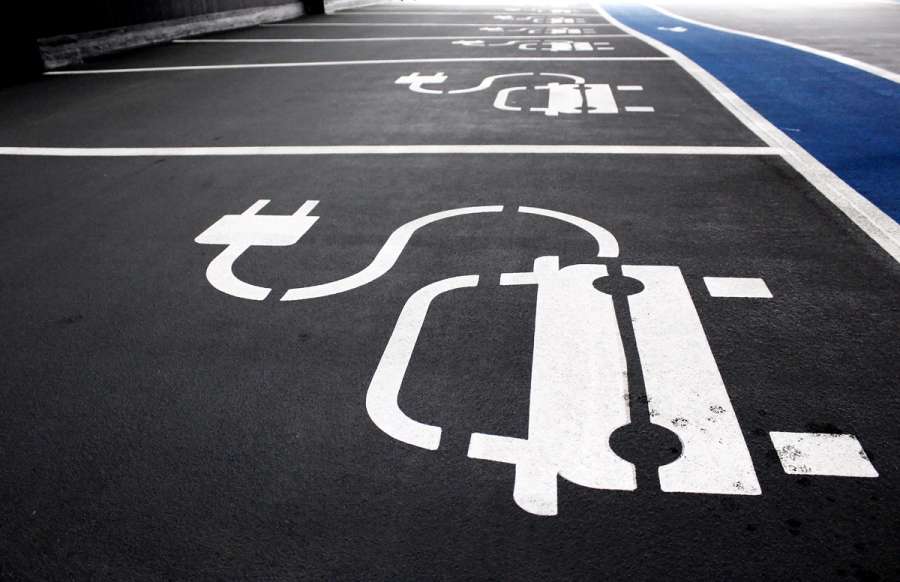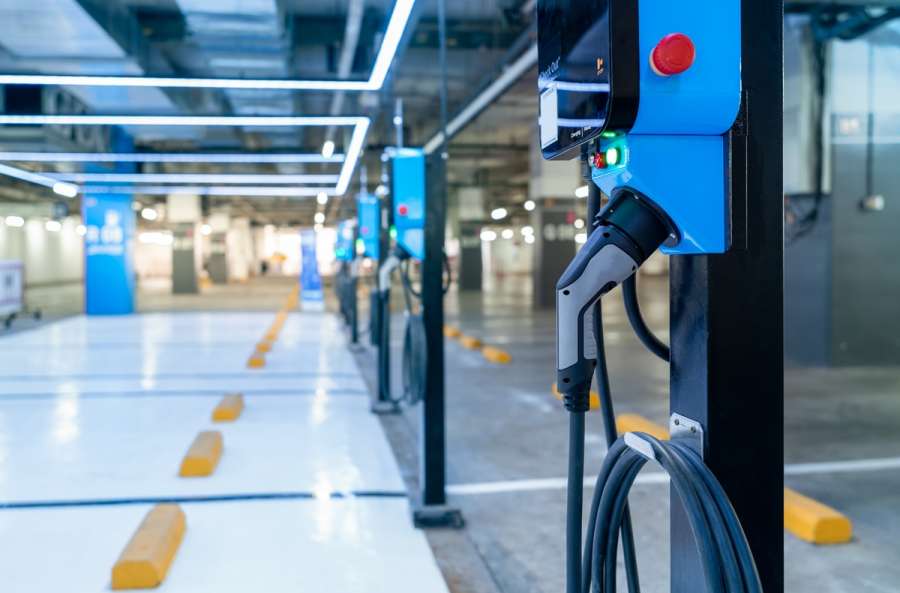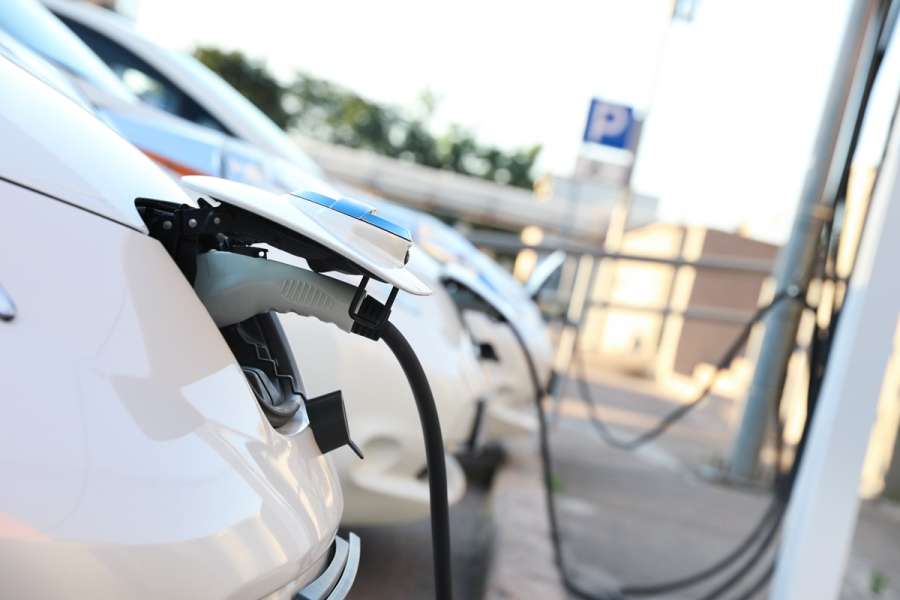We would generally expect to see lease terms of between 10 and 15 years, which is equal to the lifespan of the infrastructure.
Rent can be fixed or on a turnover rent structure.
If a turnover structure is agreed upon, the EVCP operator will pay a base rent per charging point with a top-up rent based on a percentage of net profit earned.
The base rent will usually be subject to annual RPI-linked increases.
EVCP operators are generally looking for leases within the Landlord and Tenant Act 1954 and landowners will naturally want the lease to be contracted out. This is a point for negotiation.
The lease would grant the operator rights to install, connect, operate and maintain the EV charging points.
The operator will be required to undertake general repair and maintenance work on the charging infrastructure.
It will also be required to ensure that the infrastructure is operating safely and in compliance with all regulatory requirements.

The parties should consider whether the operator will remove the charging infrastructure at the end of the term or whether the landlord could buy it so that it remains in place on lease expiry.
The operator may prefer to leave the charging infrastructure and any underground cabling in place as it may not be practical or cost-effective to remove it.
It is better to agree on a reinstatement programme before the lease is entered into so the parties know what is required on lease expiry.
The operator may require a right of exclusivity over the landlord’s property, which prevents the landlord from leasing any other parts of the property to other EVCP operators.
Alternatively, the operator may request a right of first refusal over any other parts of the property that the landlord intends to use for EV charging.
Leases will include restrictions on the landlord’s ability to redevelop.
Landowners will be keen to include a lift and shift clause, requiring the operator to relocate equipment where required.
The operator will want to ensure that it can recover its costs and is unlikely to agree to a lift and shift provision within, say, two or three years of installation without expecting to be reimbursed by the landlord for its capital expenditure.






